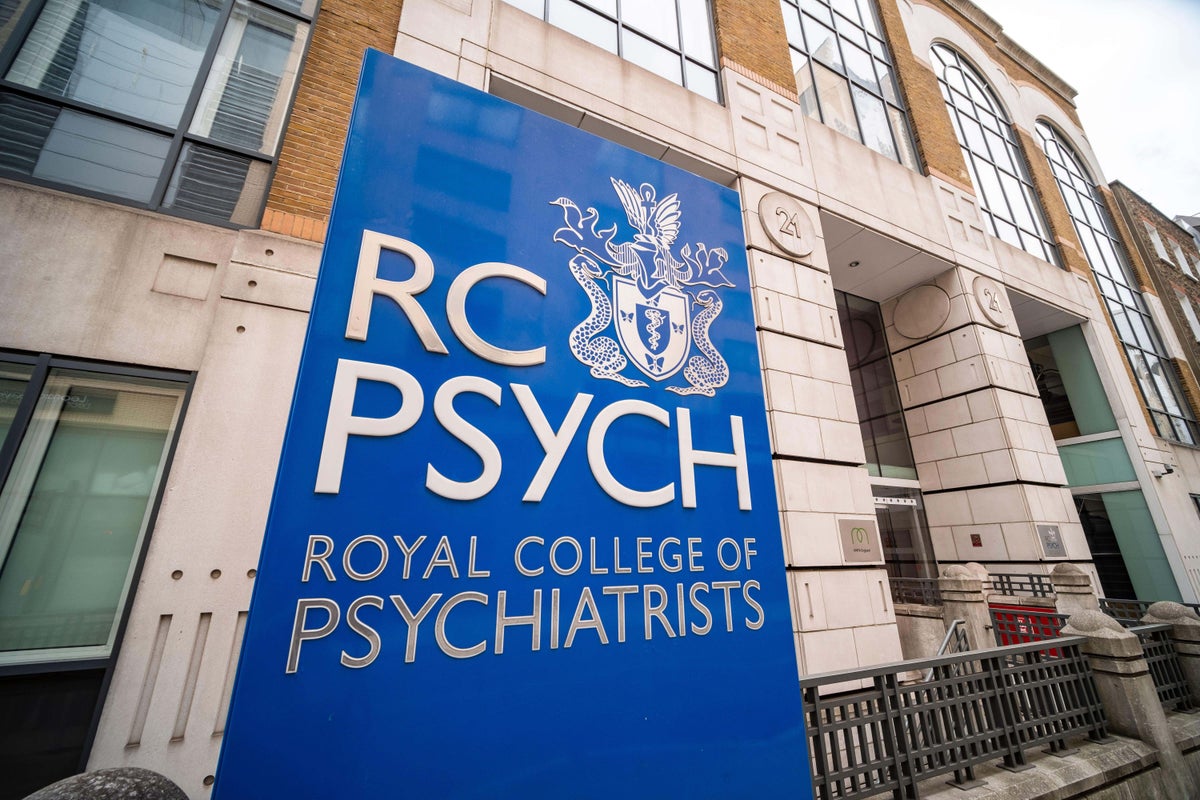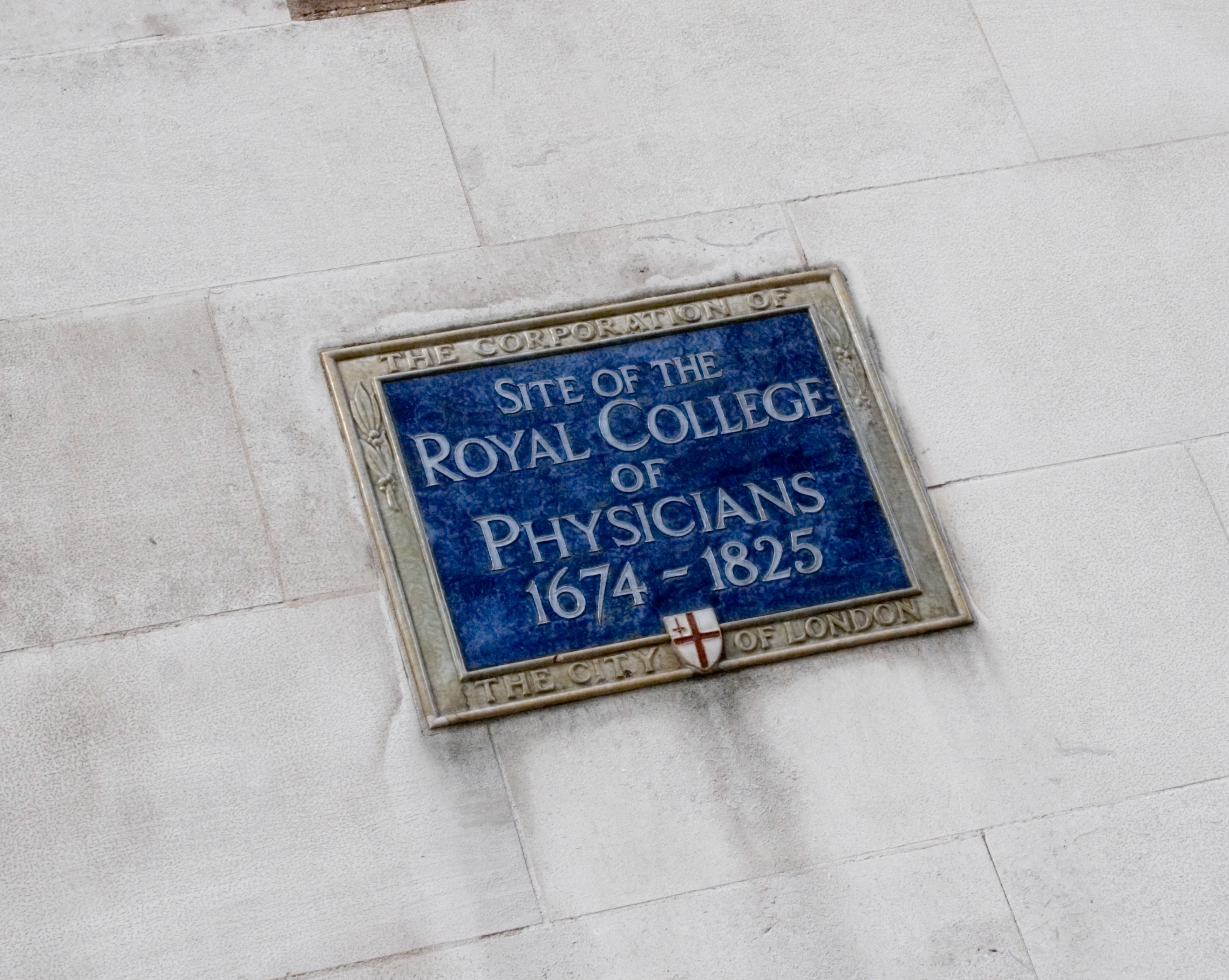
A number of psychiatrists have expressed their support for the assisted dying Bill, voicing concern and distancing themselves from the opposition stance taken by their professional medical body.
Last month, in what was branded by one assisted dying Bill opponent as a “blow to its foundations”, the Royal College of Psychiatrists (RCPsych) announced it has “serious concerns” and cannot support the Terminally Ill Adults (End of Life) Bill in its current form.
The college, which remains neutral on the principle of assisted dying, said it has “unanswered questions” about the safeguarding of people with mental illness and warned of a shortage of consultant psychiatrists to meet the demands of a Bill which would currently require a psychiatrist to sit on a panel to assess a terminally ill person’s application.
RCPsych president Dr Lade Smith said there had been “extensive engagement with our members” before reaching a conclusion that it is not confident in the Bill in its current form.
But seven RCPsych members, including a former college president and vice-president, have now written to MPs to voice their backing for the Bill.
They said they are “concerned at the college’s recent intervention into this debate”, adding that it “was not reached by a consensus of members, and we wish to distance ourselves from it for a number of reasons”.
The signatories describe the current Bill as “workable, safe and compassionate” with a “clear and transparent legal framework” they argue is “far preferable to the unjust status quo, where we know dying people seek to exercise choice at the end of life, but without any upfront safeguards, routine oversight or support from relevant clinicians”.
The group challenged the staff shortages point, saying while they agree with the need to expand the capacity of the psychiatric workforce in England and Wales, “this does not necessitate, nor justify, the continued suffering of dying people who need access to choice and autonomy”.
They also said they are confident in psychiatrists’ “professional ability to distinguish between” someone with a psychiatric illness who is suicidal and a a terminally ill person with mental capacity “who wants to explore their options for exercising choice over how they die”, and voiced their support for the Mental Capacity Act (MCA) to be used to assess someone’s capacity under the Bill.

MPs will debate further amendments to the Bill on Friday, as part of the second day of report stage in the House of Commons.
Opinion in the medical community has been divided, with the Royal College of Physicians (RCP) also expressing concern, but some MPs who are doctors are among the Bill’s strongest supporters.
The RCP said it believes there are “concerning deficiencies” with the proposed legislation.
Earlier this week, around 1,000 doctors signed a letter to MPs urging them to vote against a Bill they described as “simply not safe”.
The doctors, from across the NHS, urged lawmakers to listen to those “who would have to deliver the consequences of this deeply flawed Bill”, warning it “poses a real threat to both patients and the medical workforce”.
The Bill in its current form would allow terminally ill adults in England and Wales, with fewer than six months to live, to apply for an assisted death, subject to approval by two doctors and a panel featuring a social worker, senior legal figure and psychiatrist.
It includes an opt-out stating that no person, including any medical workers, are obliged to take part in assisted dying, meaning doctors would be free to opt out if the law was changed and a service set up.
Family doctors could run hospitals in NHS shake-up, says Wes Streeting
Boy who met royal couple took his own life after troubled childhood – inquest
Weight loss jabs could be transformative, says outgoing NHS England official
Charles joined by David Beckham and Meryl Streep to celebrate award winners
Man, 70, on mobility scooter dies after being hit by military truck
What we know so far after Gatwick-bound plane crashes in India







